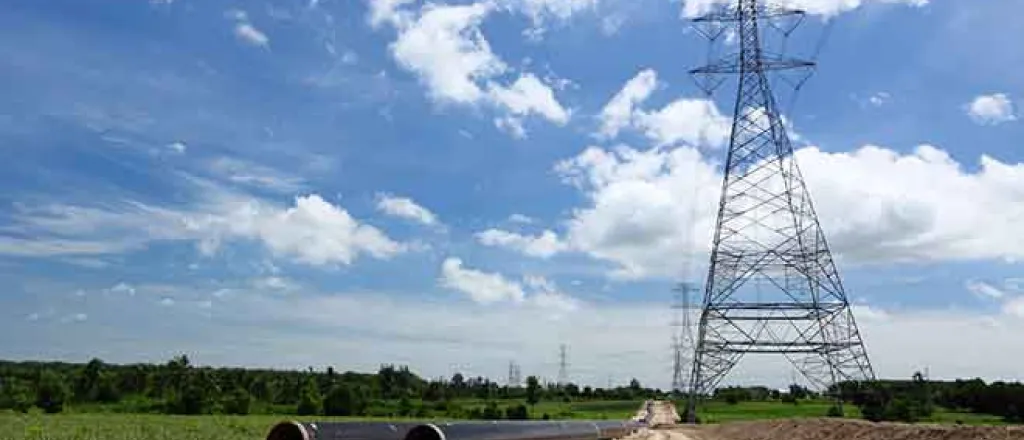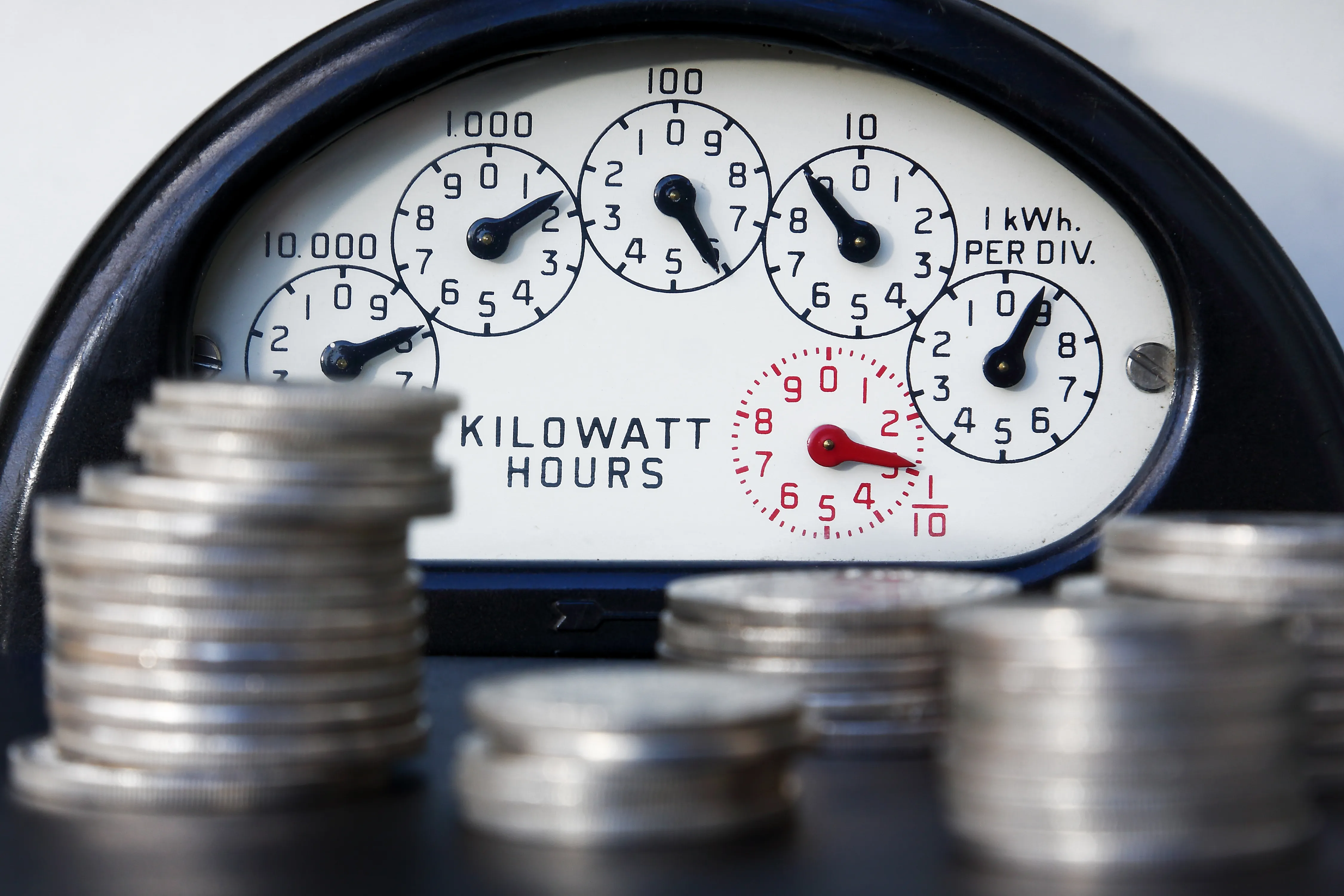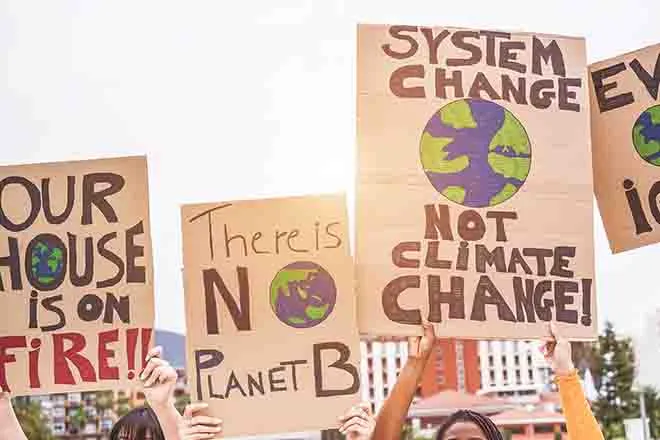
U.S. Senate reverses Trump methane rules in first step toward broader climate regulations
(The Center Square) — The U.S. Senate voted Wednesday to reverse the Trump administration’s relaxed rules on controlling methane emissions from oil and gas wells, seen as the first step toward enacting President Joe Biden’s ultimate climate regulatory policies.
Senate Majority Leader Chuck Schumer, D-N.Y., said on Twitter that Wednesday’s vote is “the first of many important steps” to achieve the president’s “ambitious” goal to cut America’s greenhouse gas emissions in half by 2030
“We'll vote to restore critical regulations on the release of methane into our atmosphere,” he said.
The chamber used the Congressional Review Act to undo the former administration’s decision to rollback Obama-era mandates that required oil and gas companies to contain methane leaks at their wells. Schumer said on the Senate floor Wednesday his caucus’s choice to invoke the act for the first time on a climate change issue “is no mistake.”
The International Energy Agency describes methane as the second largest contributor to climate change behind carbon. The United Nations also compiled a report that concludes natural gas development threatens the feasibility of staving off global temperature increases above 1.5 degrees Celsius, the main goal of the international Paris Agreement.
A third report from the Environmental Defense Fund’s senior climate scientist finds that a “rapid, full-scale effort to reduce methane emissions from the oil and gas industry, large-scale agriculture and other human sources could slow the worldwide rate of warming by as much as 30%.”
Oil and gas companies – including Shell, BP, Exxon and the Pittsburgh-based EQT – agree that containing methane leaks is both financially prudent and environmentally important if natural gas will serve as the bridge fuel in the national and worldwide renewable energy transition.
EQT, the nation’s largest natural gas producer, said Wednesday the company believes “the responsible development of natural gas will help meet future global energy demand as we address climate change together.”
But Biden’s climate priorities won’t stop there. In January, he signed an executive order directing the Environmental Protection Agency to draft a rule targeting methane emissions from existing oil and natural gas wells.
In Pennsylvania, researchers believe up to 10,000 older, lower volume conventional wells that produce less than one barrel of oil per day exist within the state and leak up to 100% of their recorded gas production.
Reinstating the Obama methane rules don’t address these sources, but the EPA’s pending regulation could do just that.
At the state level, the Pennsylvania Department of Environmental Protection has regulated methane emissions from new unconventional wells since 2018.
A pending DEP rule targets leaks from wells built before 2013, but exempts any source that produces less than 15 barrels of oil per day. Less than 1% of the state’s 71,000-plus conventional wells meet that threshold.
Environmentalists have urged Gov. Tom Wolf to broaden the scope of the rule to capture these emissions, despite push back from small well operators worried about the cost of compliance.
DEP estimates leak monitoring technology will cost $7,000 per well – an onerous expense for smaller producers. In documents, the agency said the exemption shields small businesses from the economic impact of additional regulations.
In August, the Pennsylvania Independent Oil & Gas Association applauded Trump's decision to roll back the Obama rules as bringing "particular relief to small oil and gas producers who are a vital part of the economy in many western Pennsylvania counties and who must work hard to compete against larger companies."
The association described the Obama rule as a "one-size-fits-all approach" that lacked adequate justification for imposing the regulations on low-producing wells, "from the perspective of both costs and environmental benefits."
The Senate's vote now punts the issue to the House, where Democrats hold a stronger, albeit still slim, majority. Biden is expected to sign the measure.
















